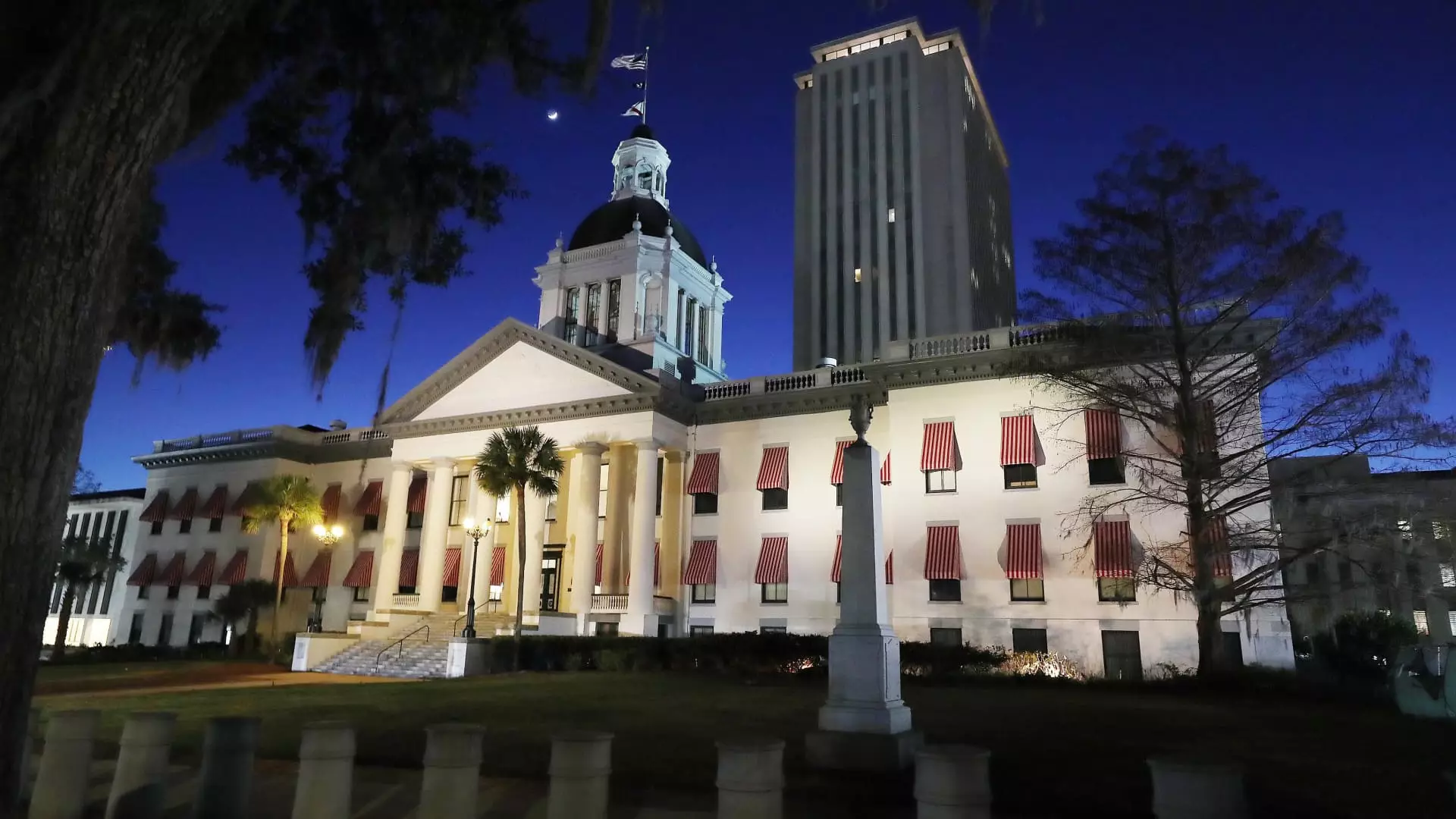In the wake of the deadly attack launched by Hamas on Israel, which ignited a war in Gaza and sparked protests worldwide, U.S. state legislatures are gearing up to take action in response. While some states have already passed resolutions condemning the attacks, many others are preparing to introduce measures in the upcoming legislative sessions. The ongoing conflict between Israel and the Palestinians has deeply divided opinions, and state legislatures are grappling with the complex task of addressing the issue.
Since the Oct. 7 attack, a significant number of Hamas- or Israel-related bills have been introduced in state legislatures across the United States. The majority of these resolutions condemn the attack and express support for Israel. In states like Florida, Ohio, Pennsylvania, and Texas, resolutions condemning the attack passed unanimously or with overwhelming support. However, in Michigan, the Democratic-led state House faced challenges as Arab American lawmakers opposed a resolution condemning Hamas and supporting Israel’s response. Another resolution in Michigan aimed to call on Democrat U.S. Rep. Rashida Tlaib, the only Palestinian American in Congress, to resign due to statements perceived as advocating for the eradication of Israel.
While the condemnation of the attack is a popular stance, the way in which these resolutions express it varies. For instance, during a special session in Georgia, the House of Representatives approved a resolution condemning the attacks, with only two representatives voting against it. However, 49 representatives abstained from voting, including Rep. Ruwa Romman, the first Muslim woman elected to the chamber. Romman stated that she would have supported the resolution if it had expressed solidarity with the Israeli people, rather than with Israel itself, citing the displacement of her grandparents as a personal reason for her stance.
U.S. lawmakers are not only focusing on condemning the attack but also grappling with how to handle protests and events related to the Palestinian cause on college campuses. Some universities have faced accusations of tolerating antisemitism, leading legislators from both sides of the aisle to propose measures addressing this issue. In Pennsylvania, Republican lawmakers rejected legislation to allocate funds to a veterinary school, claiming that the university was tolerating antisemitism. Likewise, Indiana’s Republican House Speaker emphasized the need to address antisemitism on college campuses, resulting in the passage of a bill in the House that sought to define and combat antisemitism. However, the bill ultimately failed to advance in the Senate.
Controversial measures have also been introduced in certain states, targeting universities and students allegedly supporting Hamas and other designated terrorist organizations. In Florida, a bill sought to charge public university students who support such groups with out-of-state tuition fees. Similarly, a New Jersey measure aimed to restrict funding for universities that authorize or support events promoting antisemitism or hate speech on campus. While proponents argue that these measures are necessary to ensure the safety of Jewish students and combat hate, critics raise concerns about the potential unconstitutionality of restricting speech and the lack of support for the people of Gaza affected by the war.
The response of U.S. state legislatures to the Israel-Hamas conflict reflects a diverse range of opinions and approaches. While resolutions condemning the attack and expressing support for Israel are largely popular, there are disagreements over the wording and scope of these resolutions. Additionally, legislators are grappling with how to address protests and events on college campuses, with some expressing concerns about antisemitism. Controversial measures targeting universities and students alleged to support terrorist organizations have also been proposed, raising questions about constitutional rights and the focus of these measures. As the conflict continues and the situation develops, state legislatures will continue to play a crucial role in shaping the response of the United States to this ongoing crisis.


Leave a Reply